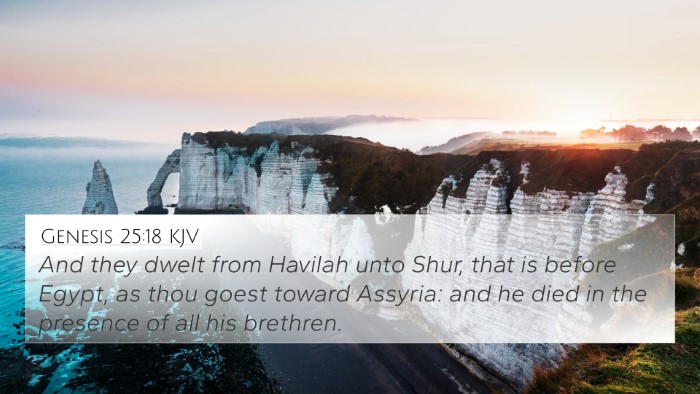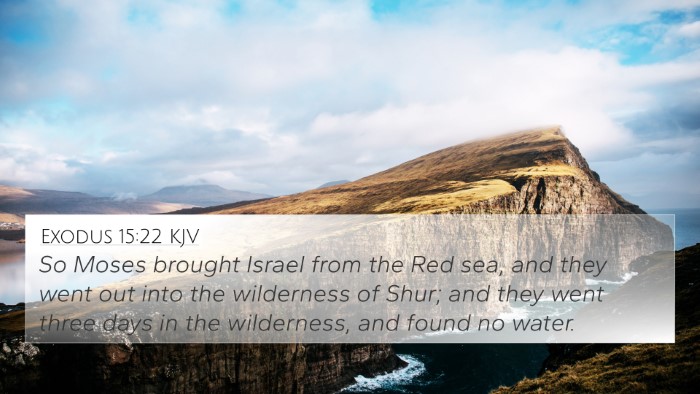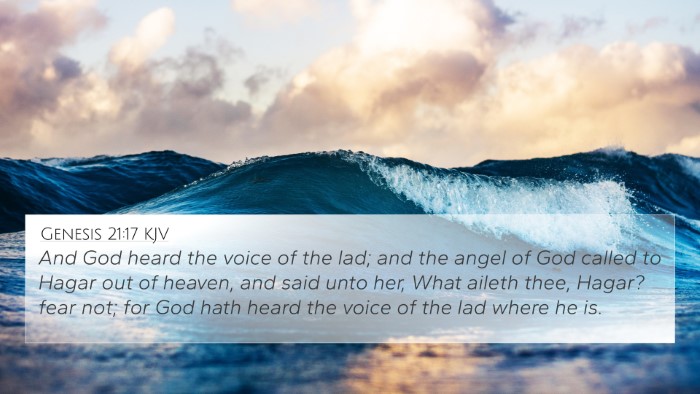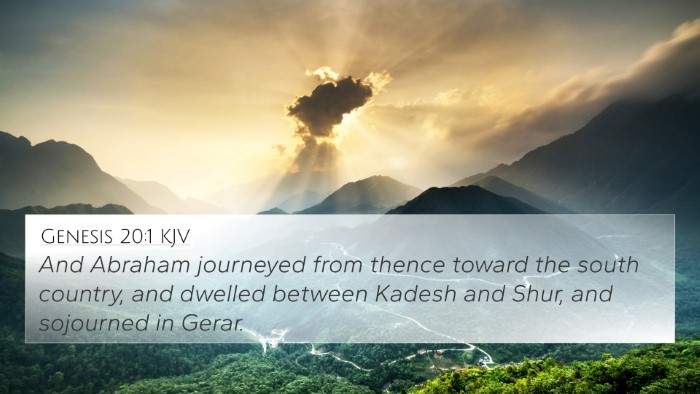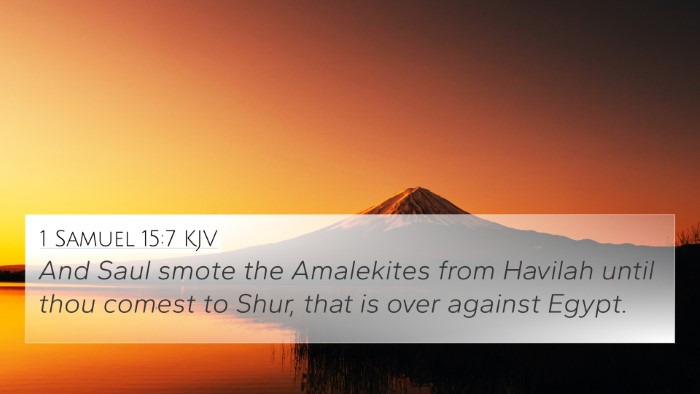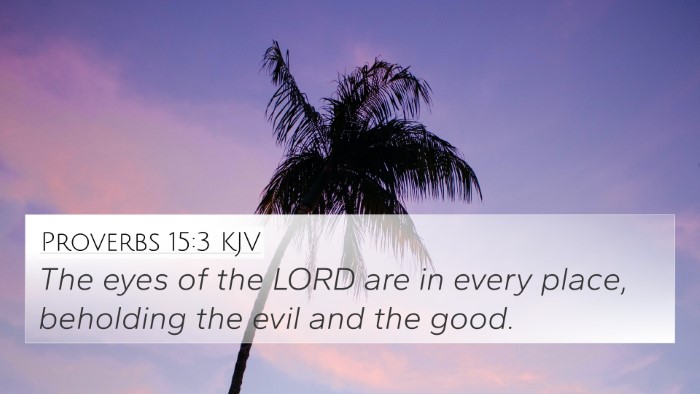Understanding Genesis 16:7
Genesis 16:7 states, "The angel of the LORD found her by a fountain of water in the wilderness, by the fountain in the way to Shur." This verse marks a significant moment in the narrative of Hagar, the servant of Sarai, who fled into the wilderness after being mistreated. Below is a synthesis of various public domain commentaries on this verse, revealing its deeper meaning and context.
Contextual Background
In the verses leading up to Genesis 16:7, we observe the complexities of human relationships and divine intervention. Sarai, barren and desperate for a child, had given her maid Hagar to Abram. This action led to tension and conflict, causing Hagar to flee. The significance of the angel's appearance to Hagar illustrates God's care for the marginalized and oppressed.
Commentatorial Insights
-
Matthew Henry's Commentary:
Henry emphasizes the compassion of God as He reaches out to Hagar. He notes that Hagar's escape into the wilderness symbolizes her isolation, but the divine encounter brings hope and direction. The angel’s presence signifies that even in distress, God is attentive to our plight.
-
Albert Barnes' Commentary:
Barnes highlights the geographical significance of the "fountain in the way to Shur." This location serves as a reminder of Hagar's journey back to Egypt, her homeland, and demonstrates her desperation. Barnes also suggests that the angel's appearance to Hagar foreshadows care for future generations, particularly in a prophetic sense regarding Ishmael.
-
Adam Clarke's Commentary:
Clarke discusses the meaning behind the name "Hagar," which means “flight.” He reflects on Hagar's emotional state, recognizing that her flight indicates not just a physical escape but also her distress and despair. The angel's intervention represents God’s proactive interest in those who suffer.
Thematic Connections
This verse introduces several important themes within the biblical narrative:
- Divine Compassion: The angel’s encounter with Hagar symbolizes God's concern for the downtrodden.
- Guidance and Direction: Just as Hagar was provided guidance, believers are reminded that divine assistance is available in times of need.
- Identity and Purpose: Hagar's response to the angel’s message is critical in understanding personal divine purpose and identity.
Cross-Referencing Biblical Texts
Genesis 16:7 can be connected with several other scripture verses that enhance understanding of its themes:
- Exodus 3:7: "And the LORD said: 'I have surely seen the oppression of My people who are in Egypt...'" - God hears cries of the oppressed.
- Psalm 34:18: "The LORD is near to the brokenhearted and saves the crushed in spirit." - An affirmation of God’s presence among the afflicted.
- Isaiah 49:15: "Can a woman forget her nursing child, that she should have no compassion on the son of her womb?" - Illustrates God's unwavering compassion.
- Luke 1:52-53: "He has brought down the mighty from their thrones and exalted those of humble estate." - A reflection of God’s action regarding the humble.
- Matthew 11:28: "Come to me, all who labor and are heavy laden, and I will give you rest." - Invitation for the weary to find solace in God.
- Galatians 4:26: "But the Jerusalem that is above is free, and she is our mother." - God's promise of freedom and belonging.
- Hebrews 4:15-16: "For we do not have a high priest who is unable to sympathize with our weaknesses..." - Christ's empathy with human suffering.
Conclusion
Genesis 16:7 serves as a poignant reminder of God’s attentiveness to those in distress, illustrated through Hagar's encounter with the angel of the Lord. The commentary insights collectively emphasize the importance of divine presence and guidance amidst human challenges, encouraging readers to seek connections between their struggles and God’s compassionate response.
Tools for Further Study
For those interested in exploring further, consider utilizing tools for Bible cross-referencing to deepen your understanding:
- Bible Concordance: An alphabetical index of words found in the Bible to help locate verses.
- Cross-reference Bible Study: A method of studying the Bible by referencing related verses to grasp deeper meanings.
- Bible Cross-reference Guide: Resources that offer detailed connections between verses.
- Bible Reference Resources: Various available materials that assist in biblical interpretation through connections.
Using Cross-References Effectively
To effectively use cross-references while studying the Bible, keep these points in mind:
- Identify Themes: Look for recurring themes that connect different scriptures.
- Contextual Understanding: Consider the context of each referenced verse to grasp its intent.
- Comparative Analysis: Compare verses from the Old and New Testament to see how themes are developed.
- Sermon Preparation: Use cross-references to strengthen the foundation of sermons or teachings.
Final Thoughts
In understanding Genesis 16:7, readers can find comfort in the belief that God encounters us in our wilderness experiences. The connections made through cross-referencing biblical texts highlight the rich dialogue woven throughout Scripture, reinforcing God’s unwavering presence and guidance in our lives.



